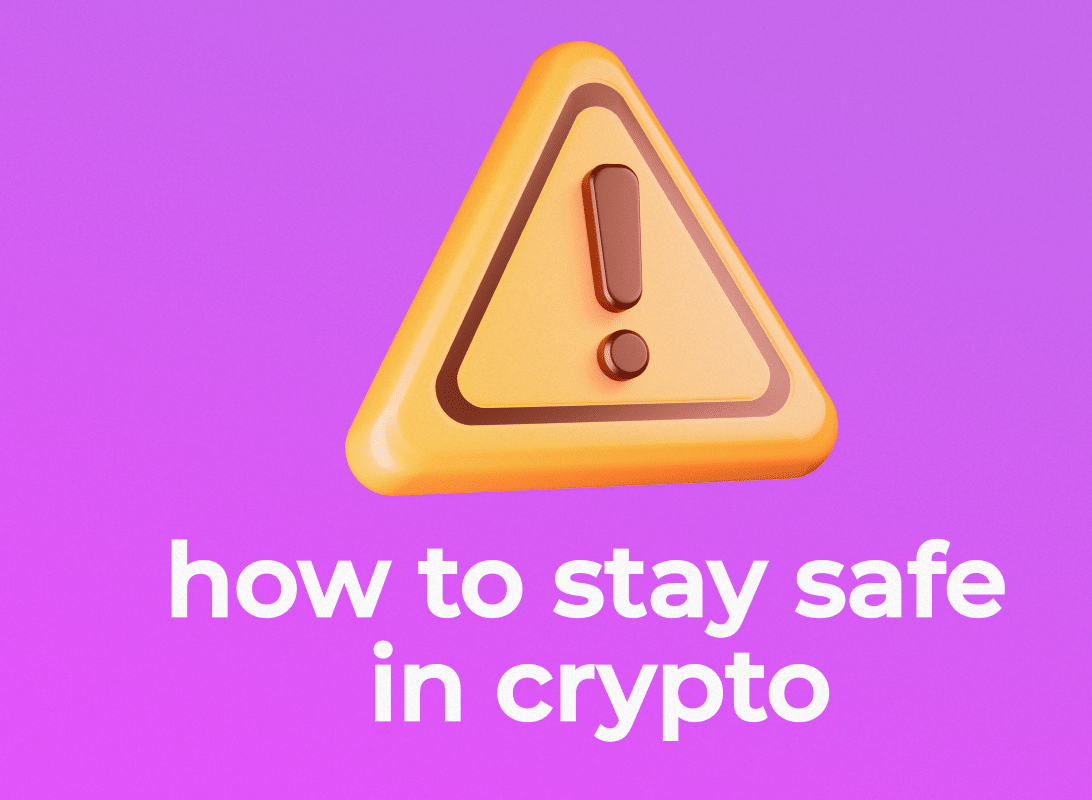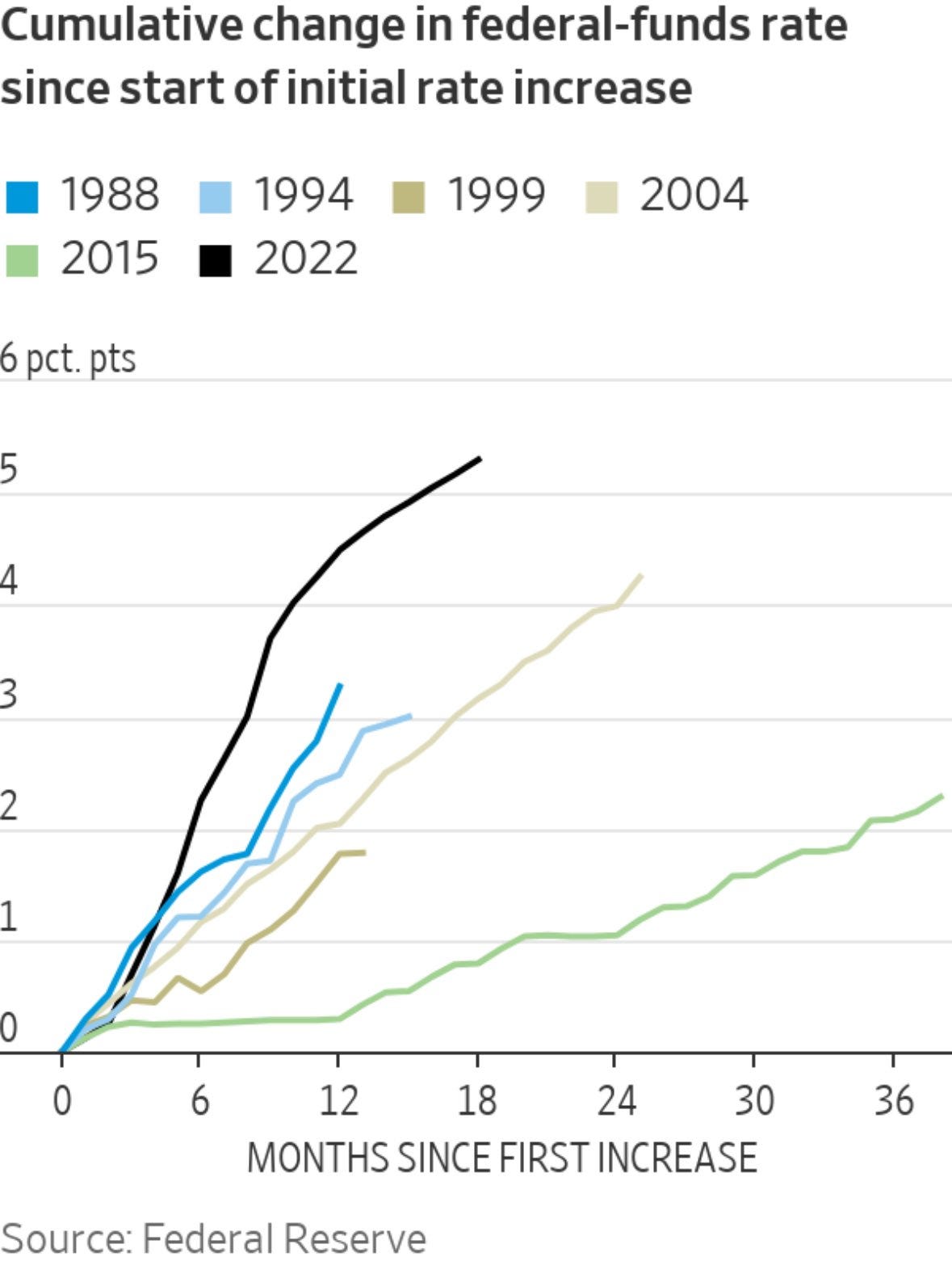Crypto Scam Basics: How to Spot, Report, and Avoid Them
 In today’s digital world, online security is more important than ever. With the increasing prevalence of social media and online financial transactions, the risks of scams and fraud are at an all-time high.
In today’s digital world, online security is more important than ever. With the increasing prevalence of social media and online financial transactions, the risks of scams and fraud are at an all-time high.
Hi, I’m Zifa, a passionate writer and cryptocurrency enthusiast. For over three years, I have explored the world of cryptocurrencies and have often come across various scams. In this discussion, we will focus on security in the cryptocurrency sector, examine known scam tactics, and learn how to protect your funds. Let’s start this journey towards safer crypto experiences!
What is a scam?
This is not a new concept — scams appeared a long time ago — but in the world of cryptocurrencies, this notion has taken on a new meaning.
Within the cryptocurrency community, the word “scam” is often applied to dubious startups and initial coin offerings (ICOs). When the project appears to lack practical utility and the business idea behind it is suspect, these ICOs are often called scams.
Therefore, a scam is a fraudulent investment project that failed during its existence or was conceived as a fraud from the beginning. Thus, there are two types of fraudulent projects: those that generated profits for investors and then ceased to exist and those that collected investors’ money and simply disappeared.
How do scams happen?
There are several ways in which scams develop:
- Ponzi scheme. It exists at the expense of new investors. When there are no longer investors, the project collapses. The most notorious Ponzi scheme is Onecoin — learn more about this scandalous project here.
- Fake project (pure scam). Your task is to raise a lot of money from investors and then simply close. The founders will withdraw all funds from the project account and they will evaporate.
- Hacker attack. Hackers can compromise accounts, wallets, emails, and more. The stolen funds are withdrawn to fraudulent accounts and wallets and then dissolved into the dark web. In many cases, it is not the fault of the founders, but if there are no insurance funds or forms of recovery, investors lose their money.
- Technical error. This is also a rare cause of scams, but things happen. When something breaks and goes wrong in the blockchain, investors lose their money. In the worst cases, projects with serious technical failures are closed.
- Pump and dump. This crypto scam scheme involves artificially inflating the price of a cryptocurrency (pump) through coordinated purchases, often spreading false or misleading information, and then selling the assets at the inflated price (dump) to make a profit before the inevitable market correction. . This manipulative strategy exploits unsuspecting investors and can lead to significant financial losses.
What else could negatively affect your investment?
- Project failure. Some projects do not survive through the implementation stage. They could successfully pass the closed token pre-sale, pre-ICO, ICO. And that is. If investors have a few coins left, this cryptocurrency could be worth something. Sometimes coins from failed projects represent no value.
- Investor panic. It is a rare occasion, but sometimes there are situations that force everyone to get rid of their acquired tokens at once. Therefore, the cryptocurrency drops sharply in price, causing the project to leave the scene.
- Lack of cooperation. Some startups and projects are created thanks to the collaboration of several companies. When the interests of the partners do not coincide, problems begin. And, in most cases, it is the investors who suffer.
How to identify a crypto scam
Identifying whether a crypto project is legitimate or a scam requires careful analysis and attention to several key factors. Here’s what you should consider before investing in a new meme coin or any crypto project, especially to avoid pyramid schemes:
- Project White Paper and Roadmap: Examine the project white paper for clear objectives, technical details, and a realistic roadmap. Vague or overly ambitious plans can be red flags.
- Community and Communication: Evaluate the presence of the project on social networks and forums. A strong, active community and open, constant communication from the project team are positive signs.
- Tokenomics: Understanding the distribution, supply and application of tokens in the ecosystem. Be careful if a large portion of the tokens are in a small number of wallets.
- Audit and security: Check if the project has undergone smart contract audits by reputable companies. This helps ensure that the code is secure and works as intended. Also, check the crypto project in question for KYC audits. This involves a thorough examination of the project’s compliance with Know Your Customer regulations. The process ensures that the project has implemented effective measures to verify the identities of its users, promoting transparency, security and regulatory compliance within the cryptocurrency ecosystem. Learn more about the importance of KYC in this article.
- Regulatory Consideration: Evaluate whether the project complies with applicable regulations. Be wary of signs such as guaranteed investment returns, unclear or non-existent terms of use, or lack of anti-money laundering (AML) measures. Failure to comply may result in legal complications and affect the sustainability of the project.
- Market Performance and Listings — Research the performance of the coin in the market and the exchanges that list it. Be wary of coins that are only listed on obscure or disreputable exchanges.
- Avoid high-return promises: Be extremely cautious of projects that promise high or guaranteed returns, a common trait of pyramid schemes.
- Look for signs of a pyramid scheme: Be skeptical of projects where profits are based primarily on recruiting new participants rather than selling a legitimate product or service.
- Seek advice: Consider seeking advice from financial advisors or experienced crypto investors, especially if you are new to the sector.
Remember, investing in cryptocurrencies always carries risks and thorough due diligence is crucial to making informed decisions.
What are the famous crypto scams?
The world of cryptocurrency scammers is vast and often marked by a surprising level of creativity. Despite this, several schemes used repeatedly by scammers have become infamous in the crypto community. From classic pyramid schemes to sophisticated phishing attacks, these scams take advantage of various vulnerabilities. We’ve delved into the most notable ones in our full article here.
Navigating Twitter Scams
Twitter, an instant news and communication platform, is unfortunately also a breeding ground for scams. That said, the Changelly team warns about the growing number of impostors and fraudulent schemes on social media.
Recognize scams on Twitter
Impostors often create accounts that imitate legitimate accounts, using slightly misspelled usernames or logos. They may respond to genuine tweets or threads, creating an illusion of authenticity. These scams typically promise token giveaways or request token deposits, luring unsuspecting users with the prospect of easy profits.
Avoid traps
The first line of defense is vigilance. Always check the Twitter handle, especially for accounts that claim to represent well-known entities such as popular exchanges or crypto projects. Be careful with verified accounts as well, as they can still be misleading. Remember, genuine companies will not ask for tokens or personal information through social media.
Avoid falling victim to FOMO (fear of missing out). Deals that seem too good to be true often are. So before making any offer, take a moment to do your research and verify its legitimacy. When in doubt, it’s always best to err on the side of caution.
Where should I report scams?
If you are a victim of a crypto scam, don’t panic. Take a deep breath and know that you can address the situation. Start by documenting all relevant information about the scam and then follow these steps to report the incident and warn others. Your actions can not only help you recover your losses, but also prevent others from falling into similar traps.
Here are some steps to follow:
- Social Media Ban — Contribute to a safer online environment by reporting misleading social media accounts and posts to the platform for action.
- Dedicated platforms for reporting scams: Several platforms allow you to report crypto scams. One such platform is Chainabuse, where you can report scams and verify the legitimacy of the project in question.
- Cryptocurrency exchanges: If the scam involved a particular exchange, let them know. They could take action against the fraudulent project.
- Local Law Enforcement: Report to your local police or law enforcement agency, especially if you suffered a significant financial loss.
- Internet Crime Agencies: Report online fraud to organizations such as the Internet Crime Complaint Center (IC3) in the US.
- National financial authorities: Contact regulatory bodies such as the SEC (in the US) or the FCA (in the UK), depending on your location.
- Online forums and review sites: Share your experience on platforms like Reddit, Trustpilot, and other crypto-focused forums. Your report will likely help others research the project.
By starting with community platforms and moving up to formal agencies, potential future victims can be warned and seek official assistance.
Frequently asked questions
Are there fake crypto exchanges?
Yes, there are many fake crypto exchanges. Scammers often create counterfeit cryptocurrency trading platforms or imitate official crypto wallets to trick people.
These scam websites often use domain names that differ slightly from legitimate ones, making them difficult to distinguish at first glance. To stay informed about these types of scams, check out resources like Crypto Chain University, which maintains a list of fraudulent crypto projects and has a reporting form for such cases.
Can I get money back from a cryptocurrency scammer?
Recovering money from a cryptocurrency scammer is usually very difficult and depends on several factors. The chances of recovery depend on the details of the scam, the methods used by the scammer, and how quickly you respond after discovering the scam. It is essential to act promptly and report the scam to the relevant authorities, but there is still no guarantee of recovery.
How do I know if a crypto site is legit?
To check the legitimacy of crypto sites, especially less popular projects, examine everything from the spelling of the website to the relevance and functionality of the product. If you find fraudulent patterns similar to known scams, it’s a red flag.
For more established projects, be sure to check out their official website or social media channels. Pay close attention to spelling and look for additional symbols in the name or web address that could indicate a fake site.
You can also check out reviews on dedicated platforms, such as Chainabuse. This particular platform offers double duty, allowing you to report scams and verify the legitimacy of the project in question.
2
Crypto Scam
Investing
2
 Follow
Follow
Written by MrNouman
142 Followers
·
Writer for
Coinmonks
Programming, Cryptocurrency, Technology etc.
More from MrNouman and Coinmonks

 MrNouman
MrNouman
in
Coinmonks
Best Crypto to Buy Now
In today’s digital age, an increasing number of individuals and businesses are diving into the digital asset economy, prompting many to…
47 min read
·
Dec 22, 2023
83
2
 Shantanu Gupta
Shantanu Gupta
in
Coinmonks
Which Crypto Will Explode in 2024? Here Are Some Of MyTop Picks.
As we approach the end of the year, investors worldwide are gearing up for the anticipated bull run in the crypto market, eyeing the next…
4 min read
·
Dec 19, 2023
668
2
 Velvet.Capital
Velvet.Capital
in
Coinmonks
🚨Velvet.Capital Token Distribution (Airdrop)🚨
🚨 Airdrop Alert🚨: DeFi Asset Management Done right! Everything you need to know for Velvet.Capital’s Token Distribution & Airdrop!
4 min read
·
Dec 30, 2022
38K
1015
 MrNouman
MrNouman
in
Coinmonks
The 10 Best Altcoins to Buy in 2024
Altcoins have been making headlines in the cryptocurrency world as investors and traders look for the next big thing after Bitcoin. With so…
9 min read
·
Jan 6
60
1
Recommended from Medium

 Michel Marchand
Michel Marchand
in
Coinmonks
The Bull Is Back? Top 10 Cryptos to Buy on Coinbase in 2024
well . . . I’M back, shouldn’t that be enough?
21 min read
·
Dec 31, 2023
415
8
 Tom Holland
Tom Holland
in
Friend Club
Cardano is Set To Explode!
Cardano finally gets its much-needed Chang hard fork upgrade soon. What does this mean for Cardano’s price? Is this a “buy the rumor, sell…
·
3 min read
·
Jan 4
247
4
Lists


 Self-Improvement 10120 stories
Self-Improvement 10120 stories
·
1217
saves Leadership41 stories
Leadership41 stories
·
199
saves

 Productivity234 stories
Productivity234 stories
·
284
saves
 Mati Allin
Mati Allin
Why Buy 4.5 ETH for $10k Before 2024?
2024 Election Cycle Meets Tech Cycle, AI & More
7 min read
·
Dec 13, 2023
61
 Aurora Grace
Aurora Grace
in
GamingArena
What are the 4 Cryptocurrency Predictions for 2024?
In the landscape of cryptocurrency, 2023 unfolded as a year of unprecedented growth and innovation. Bitcoin and Ethereum maintained their…
9 min read
·
Jan 4
80
1
 Scott Galloway
Scott Galloway
2024 Predictions
Each year, we review/make predictions re the past/coming year. Most years, we hit more than we miss. But we do miss — if we made 10…
11 min read
·
Jan 6
8.7K
119 Jayden Levitt
Jayden Levitt
in
Level Up Coding
Your One Job Is To Not Part With Your Bitcoin, Ethereum, or Solana Until 2025.
Getting distracted by parabolic rises in meme coins is how you mess this trade up.
·
7 min read
·
Jan 4
652
8











![[LIVE] Engage2Earn: auspol follower rush](https://cdn.bulbapp.io/frontend/images/c1a761de-5ce9-4e9b-b5b3-dc009e60bfa8/1)







![[ℕ𝕖𝕧𝕖𝕣] 𝕊𝕖𝕝𝕝 𝕐𝕠𝕦𝕣 𝔹𝕚𝕥𝕔𝕠𝕚𝕟 - And Now What.... Pray To The God Of Hopium?](https://cdn.bulbapp.io/frontend/images/79e7827b-c644-4853-b048-a9601a8a8da7/1)










